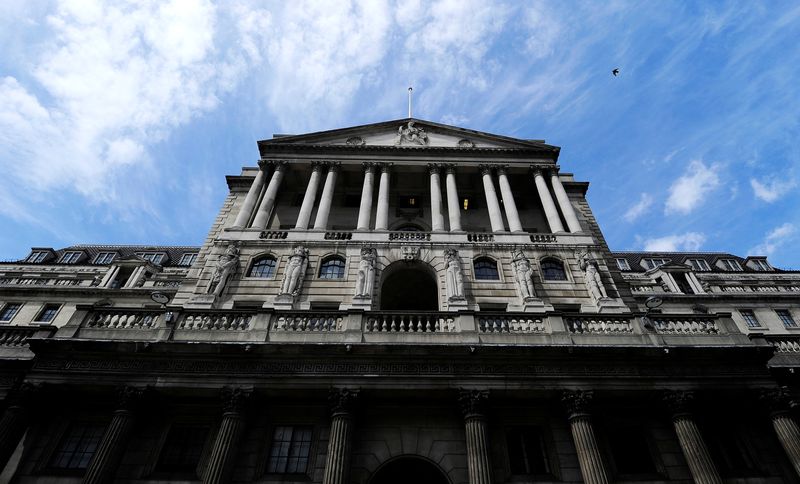Non-bank companies to pass stress test in 2023-Bank of England
2022.12.13 09:13
[ad_1]

Non-bank companies to pass stress test in 2023-Bank of England
Budrigannews.com – The Bank of England announced on Tuesday that investment funds and other non-bank financial institutions will face their first “stress test” next year to apply lessons from the near-meltdown in Britain’s pension fund sector.
After market turmoil was brought on by the fiscal plans of Liz Truss’s short-lived government, the BoE had to step in and purchase government bonds worth 19.3 billion pounds ($23.75 billion) in September to stabilize the situation.
As bond prices plummeted, liability-driven investment (LDI) funds, which pension funds use to guarantee their long-term payouts, struggled to meet collateral calls.
The BoE’s Monetary Arrangement Panel (FPC), which screens the monetary framework for gambles, said on Tuesday that the LDI emergency showed the need to test how non-bank monetary foundations (NBFI) adapt to stresses.
In its biannual Financial Stability Report, the FPC stated, “The Bank will run, for the first time, an exploratory scenario exercise focused on NBFI risks, to inform understanding of these risks and future policy approaches.”
In the first half of 2023, additional details will be provided.
“To better understand the resilience of NBFIs to shocks and their interconnections with banks and core markets, there is also a need to develop stress-testing approaches,” the FPC stated.
The main participants in the UK government and corporate bond market, which is crucial to financing the UK economy, will be the focus of the test.
At the end of 2021, market-based finance accounted for 776 billion pounds, or 55%, of all loans made to UK businesses and nearly all of the nearly 390 billion pounds net increase in loans made to the sector between 2007 and 2021.
More US inflation continues to rise in November-Report
LDI funds are frequently listed in Ireland and Luxembourg, where regulators, in conjunction with their counterparts in the United Kingdom, have implemented quick fixes that require funds to maintain significantly higher cash levels.
They can now adapt to a 300 to 400 premise point move in financing costs, well over the 150 premise point level held before September’s disturbance.
According to Jonathan Lipkin, director for policy, strategy, and innovation at the Investment Association, “Ensuring greater resilience has been a central priority for managers of LDI strategies in the aftermath of the unprecedented gilt market movements we saw in the late September,”
He added, “so that future stress tests are robust to a yield shock of this magnitude, and that any risk measures put in place are proportionate,” the industry plans to collaborate with regulators.
The FPC stated that it would collaborate with counterparts in the European Union to develop guidelines for a minimum cash buffer on a longer-term “steady state” basis. These guidelines could either drive up fees to cover the cost or make it less appealing to use LDI funds.
In April, the pensions regulator in Britain is expected to update the sector’s guidance. This could include new steady state cash buffer levels, data reporting, and the need for fund trustees to make decisions more quickly in a crisis.
The Financial Conduct Authority’s proposal to regulate consultants who advise pension funds, according to the FPC, was also supported.
Non-banks, such as funds and insurers, which account for approximately half of the global financial system, are receiving renewed attention from regulators after they introduced stricter rules for banks more than a decade ago in the wake of the global financial crisis.
Based on LDI, regulators are concerned that there is insufficient information about hidden leverage in the system.
The FPC stated, “The episode also exposed deficiencies in banks’ monitoring and risk management of LDI funds.”
The FPC stated that a consultation paper on likely moves to require money market funds to hold more cash will be issued in 2023. Money market funds struggled when economies went into COVID-19 lockdowns in March 2020.








